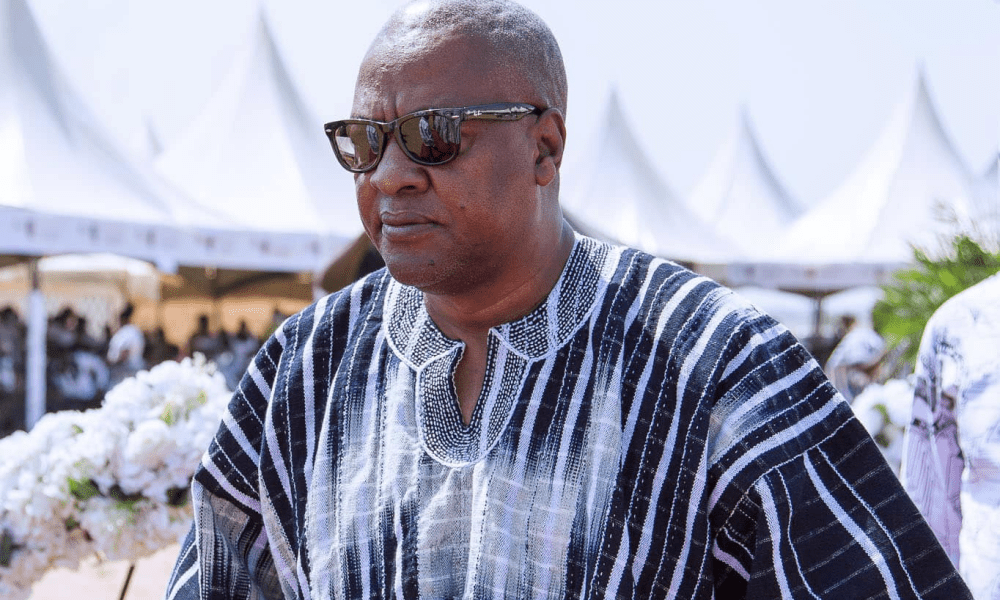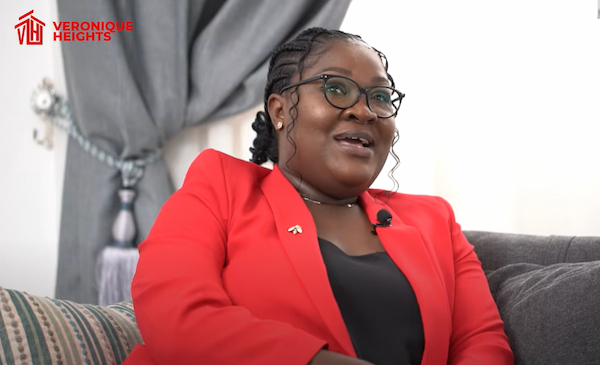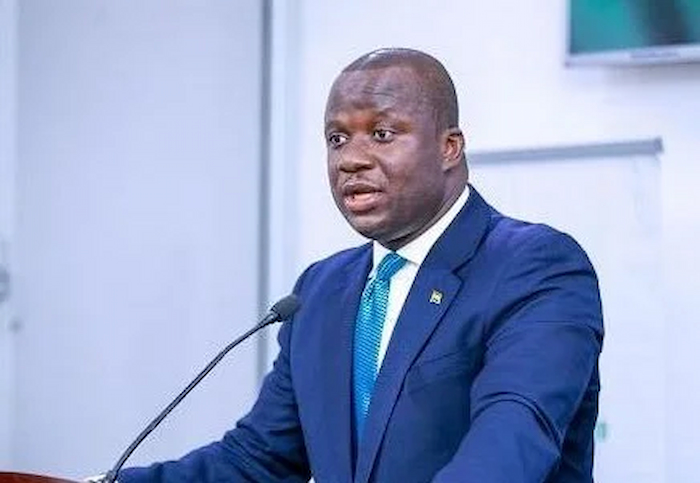Former Ghanaian President and current National Democratic Congress (NDC) Presidential Candidate, John Dramani Mahama, has expressed his commitment to initiating the groundwork for a 24-hour economy if elected in 2024.
Speaking during an interview on the BBC, Mahama stressed that while fully transitioning Ghana to a round-the-clock economic system might not happen within his four-year term, significant strides could be made to set the process in motion.
“We will start, at least,” Mahama stated confidently. “You can’t put a cost on it immediately. The 24-hour economy is not an event; it is a process. Even while we’re stabilizing the macroeconomic environment, reducing inflation, and bringing down interest rates, we will be implementing steps toward this goal.”
Drawing attention to misconceptions, Mahama clarified that transforming the economy wouldn’t be an overnight feat.
“You’re thinking about it as if we will wake up overnight, as soon as I’m sworn in, and have a 24-hour economy. No. It doesn’t work that way. But we can begin creating the conditions to make it happen,” he said.
Mahama highlighted the benefits of such an economic shift, particularly in boosting employment.
“If you incentivize businesses to run for 8 additional hours, they can’t do so with the same number of employees. They will need to hire more people. The demand is there—we have the African Continental Free Trade Area (AfCFTA) and the ECOWAS Trade Liberalisation Scheme to leverage.”
The 24-hour economy concept has gained traction globally, with developed nations using it to enhance productivity and create jobs.
In Ghana, Mahama’s vision promises to tackle unemployment while maximizing economic outputs, particularly in trade and industrial sectors. However, it also faces practical challenges, such as infrastructure readiness, energy supply, and cultural shifts towards extended work hours.
On the political front, Mahama didn’t shy away from addressing concerns over electoral transparency. When asked about accepting election results, he was candid.
“If on the election day there is widespread ballot snatching, people are beaten, the military moves in to intimidate voters, and thugs rampage, you want me to accept that result? It will depend on the transparency and fairness of the process,” he emphasized.



